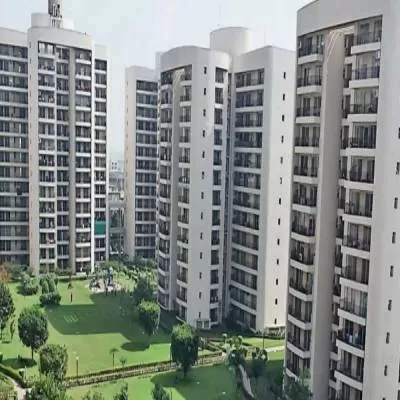Title Insurance: For the Developers’ Benefit
01 Jul 2020
10 Min Read
Editorial Team
Very few real-estate developers in India have obtained title insurance cover,
although title insurances are desirable for many reasons, writes DIVYA MALCOLM.
Although title insurance came to be spoken of in the Indian real-estate sector on account of the compulsory provisions of the R...
Read full article
Try CW Gold Subscription at 167/Month
CW Gold Benefits
- Weekly Industry Updates
- Industry Feature Stories
- Premium Newsletter Access
- Building Material Prices (weekly) + trends/analysis
- Best Stories from our sister publications - Indian Cement Review, Equipment India, Infrastructure Today
- Sector focused Research Reports
- Sector Wise Updates (infrastructure, cement, equipment & construction) + trend analysis
- Exclusive text & video interviews
- Digital Delivery
- Financial Data for publically listed companies + Analysis
- Preconceptual Projects in the pipeline PAN India




















